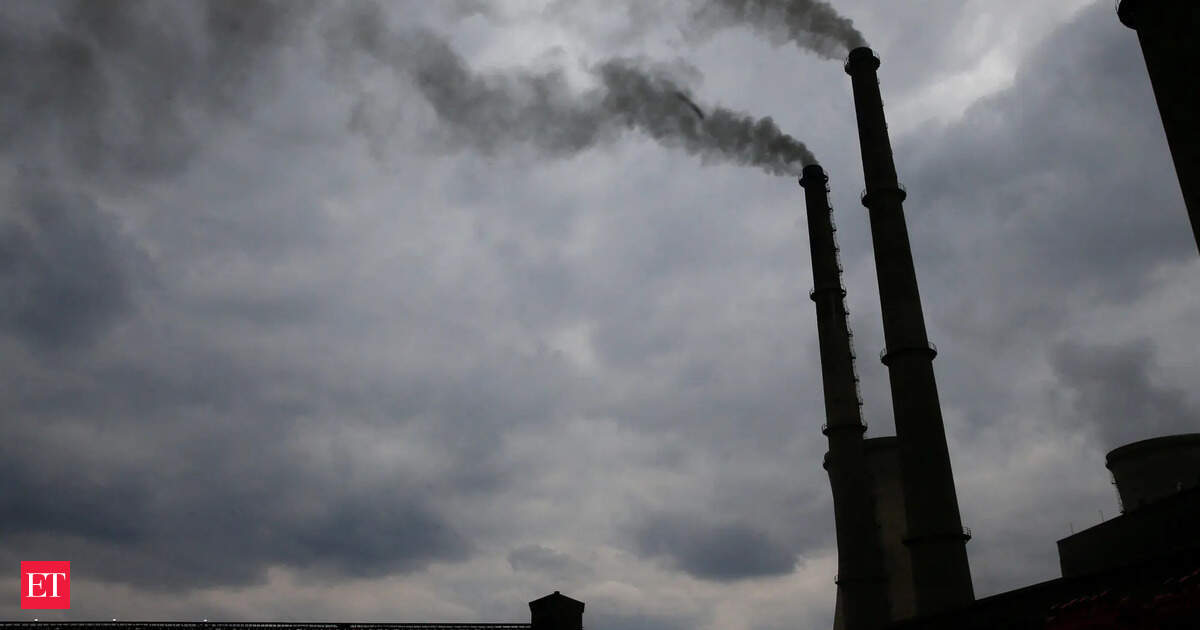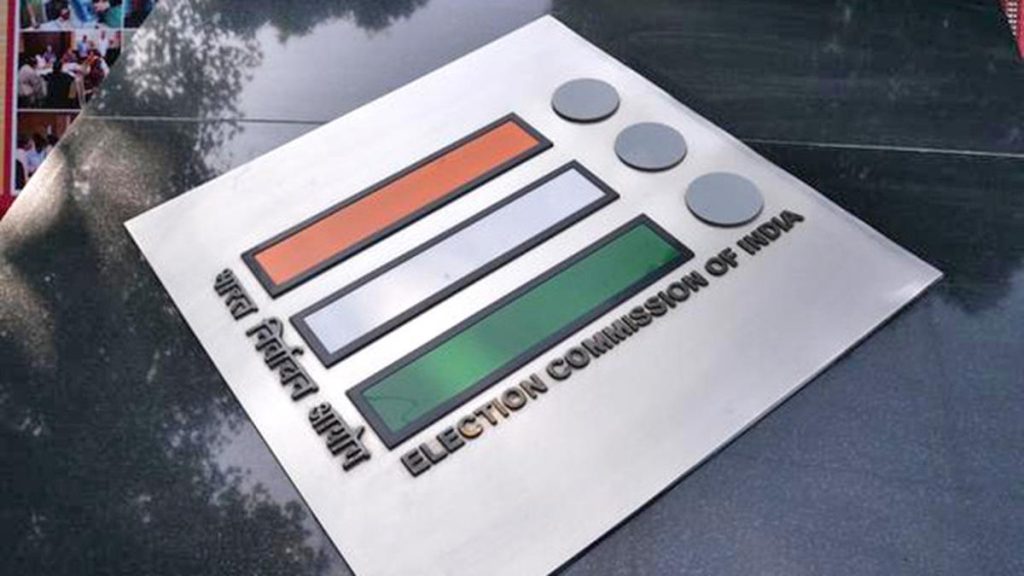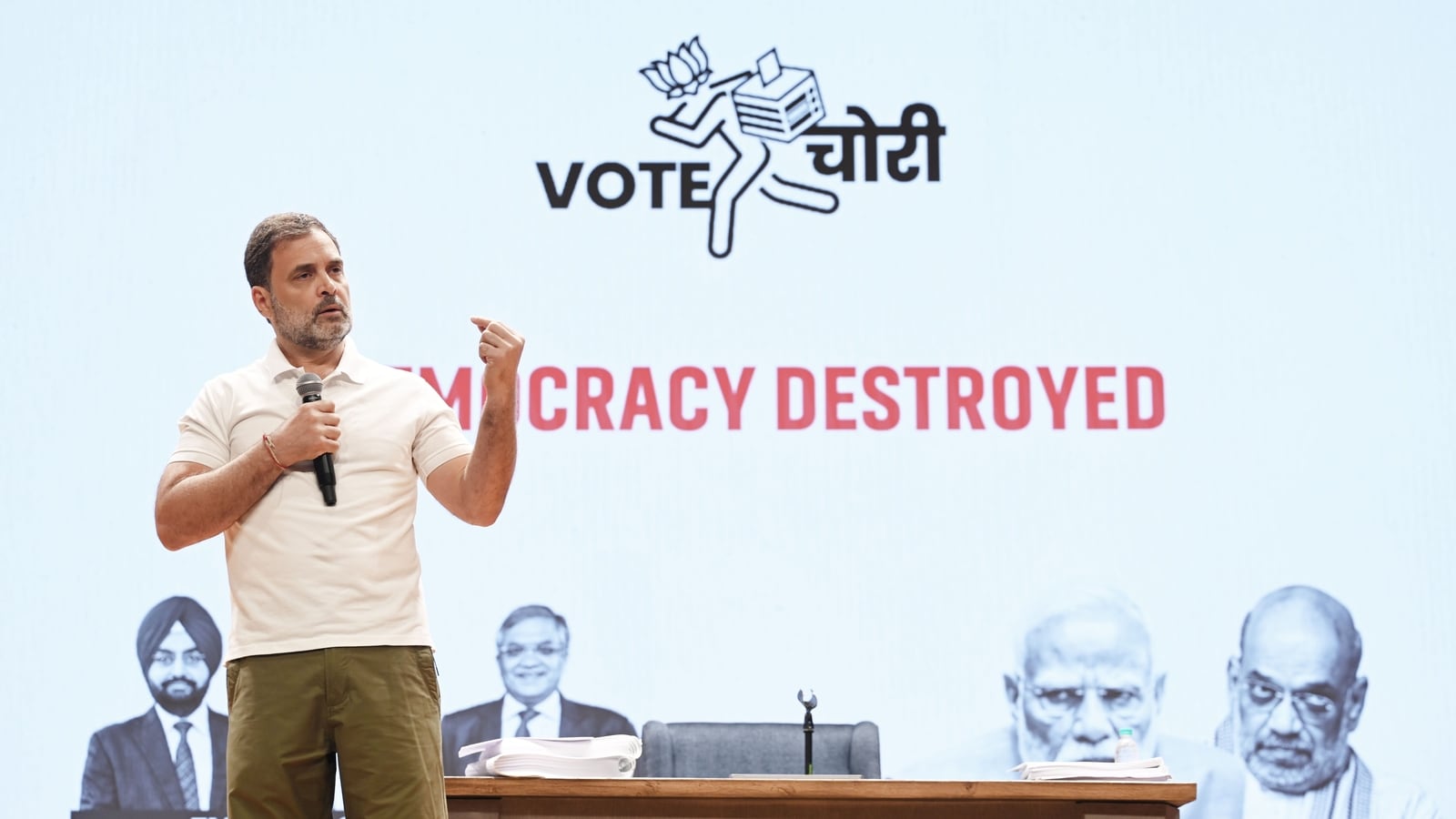Now Reading: Jindal’s Africa Unit Secures $455 Million Deal to Modernize Zimbabwe’s Hwange Power Plant
-
01
Jindal’s Africa Unit Secures $455 Million Deal to Modernize Zimbabwe’s Hwange Power Plant
Jindal’s Africa Unit Secures $455 Million Deal to Modernize Zimbabwe’s Hwange Power Plant

Quick Summary
- Deal Signed: Zimbabwe has signed a $455 million,15-year concession deal with Jindal Steel’s Africa-focused unit to refurbish a 920 MW coal-fired power plant at Hwange.
- Scope of Work: The refurbishment focuses on six ageing units, and work is expected to take four years. Jindal Africa will recover its investment through electricity sales revenue.
- Current Power Situation in Zimbabwe:
– Zimbabwe can only meet half of its current 2,000 MW electricity demand due to the deteriorating condition of power plants.- Frequent and extended power cuts are common in the country.
- Hwange Thermal Power Station Status:
– It is the country’s largest thermal plant (1,520 MW).
– Two new units commissioned in 2023 have added an additional capacity of 600 MW; however, older units from the 1980s operate at just one-third capacity due to breakdowns.
- Kariba Hydropower Station Update:
– Completed a capacity upgrade in 2018 that expanded it to produce up to 1,050 MW.
– Generation affected periodically by drought conditions impacting operations.
Indian Opinion Analysis
This partnership signifies an notable milestone for India’s growing role as an infrastructure investor across Africa. With energy crises persisting in countries like Zimbabwe-characterized by aging equipment and limited water supply-Indian companies such as Jindal Steel are positioned both as contributors towards progress and beneficiaries of long-term concessions.
For India-specific implications, this deal marks another international footprint for Indian enterprises venturing into infrastructure projects involving energy generation-a sector India itself has heavily invested domestically. While aiding Zimbabwe’s self-sufficiency goals might strengthen bilateral ties indirectly over time, it also places Indian firms under scrutiny regarding execution efficiency given high local expectations amidst ongoing shortages.
Additionally, this reflects broader global trends where public-private partnerships address essential services gaps (electricity here) more sharply rather professionalizedícies eco sustainable eq alignment zones multistages writebacks strengthening
























